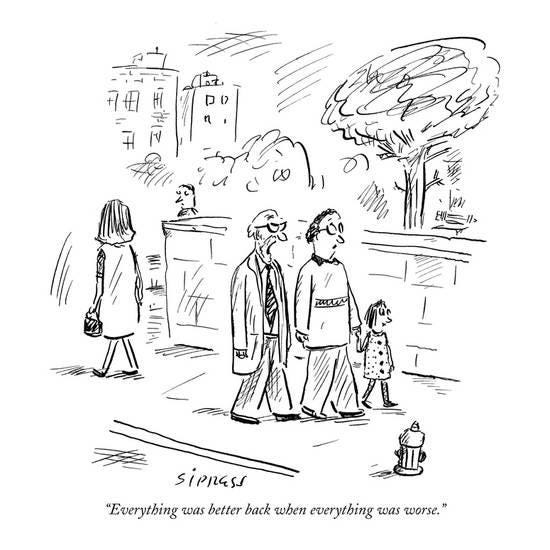Imagine there’s an old stove in your house. It’s square and has four burners.
You know, the kind where you still have to light the gas with a match and pull your hand away really fast so you don’t get burned. Each of those burners represents an important area of your life:
- Family.
- Friends.
- Health.
- Work.
So far, so good. There’s only one problem. According to the original New Yorker article first mentioning the concept:
“In order to be successful you have to cut off one of your burners. And in order to be really successful you have to cut off two.”
Ouch. That hurts. But it makes perfect sense. It stings because it’s true.
Read More









